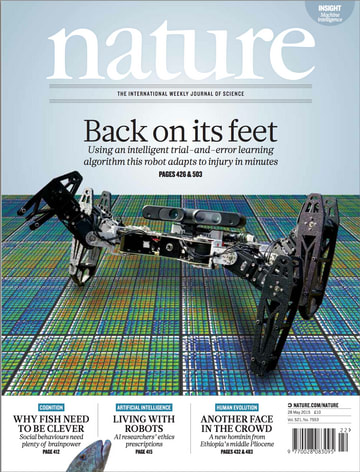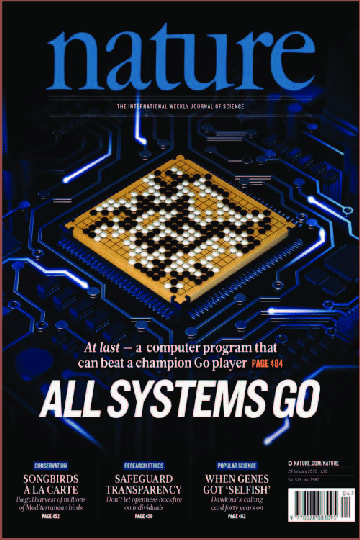There’s a commonly shared view that Intelligence may be too broad to be defined strictly. There’d be logical intelligence and emotional intelligence, even other ‘forms’ of intelligence(s). This may be true, but at least we could start with a simple definition and see whether and how it holds. And maybe, not much more is needed ?
Is a multi-legged robot finding a new gait, after one of his legs broke, intelligent ? Of course, a machine playing Go must be intelligent ! Well, since a human playing Go certainly is…
In fact here is a definition of Intelligence that reconciles the two:
Let’s test this, and start with human back pain. How quickly does the body find a new gait, one that diminishes the pain, few steps at best (when you can still walk) in general, no ? Same applies to most basic injuries.
Do we “think” about it, no. Well, applying the definition above, our bodies are intelligent, because they quickly find solutions among a huge set of potential gaits, limb configurations, degrees of freedom. We tend to forget it because bodies do reconfigure by themselves, rapidly, without waking up the much slower systems in our brains.
Now, does playing Go require Intelligence ? Sure, outside of random moves! What does AlphaGo does when it beats all present (and future) humans at the game of Go: it rapidly finds excellent moves (aka solutions) among all possible Go moves (an enormous number, “picture” all the combinations of black and white stones that are possible on the board).
What about emotional intelligence then. It still works: an emotionally intelligent person reads (or expresses) emotions with fine-grained distinctions. Which can be understood as finding the right emotional details among all possible emotional states (here again, an enormous number!).
Point being here, that the simple definition above actually holds, until someone seriously proves the opposite.
Let’s push the game a bit further then. The human economy, made of all the nearly 8 billion brains in 2025, is far from random. The World moves forward with glitches, but nevertheless, with great aptitudes and along an incredible path of achievements. Especially if you consider all the other potential trajectories, mostly (very) bad ones. So it could be said that human economy is finding pretty good solutions among a gigantic set of potential states of the World, pretty rapidly (see GDP and exponential growth increases over the two past centuries) . So in that sense, human economy has intelligence, and can be understood as an intelligent system.
Now, can machine Intelligence surpass human Intelligence ? Of course, and it does all the time, by finding better solutions than we can. And the catch is, this is not just because they’d be more powerful, this is because we absolutely suck (by evolution) at solving certain problems (like Chess or Go :) ).
.png)






